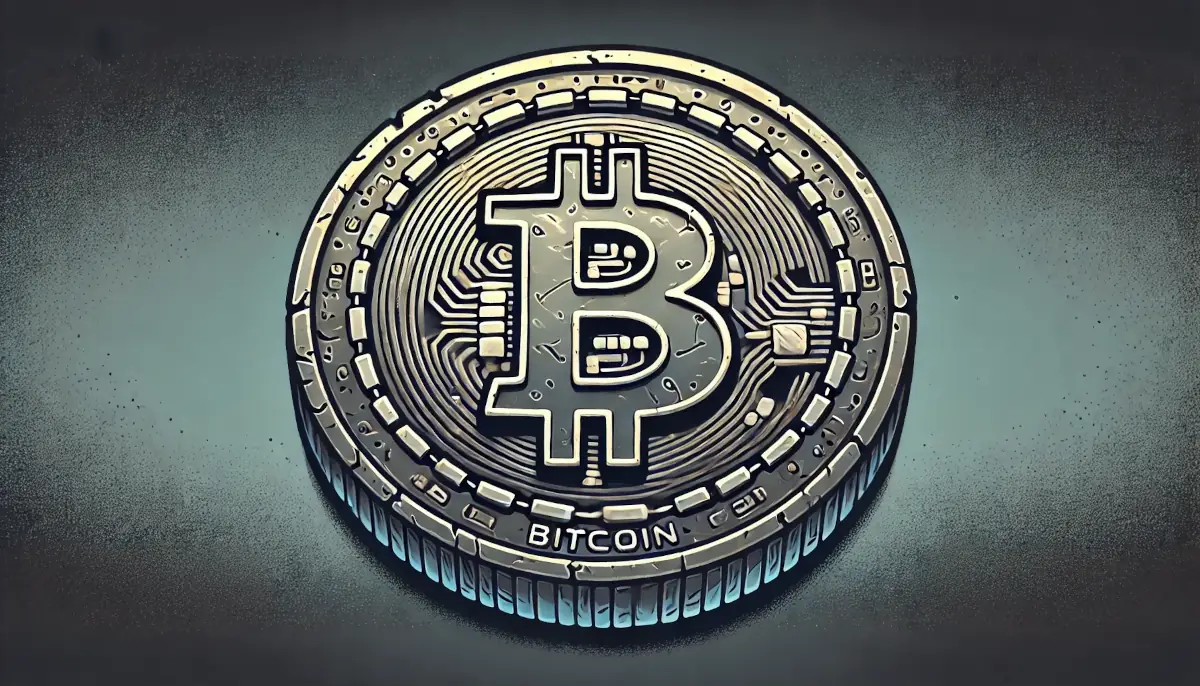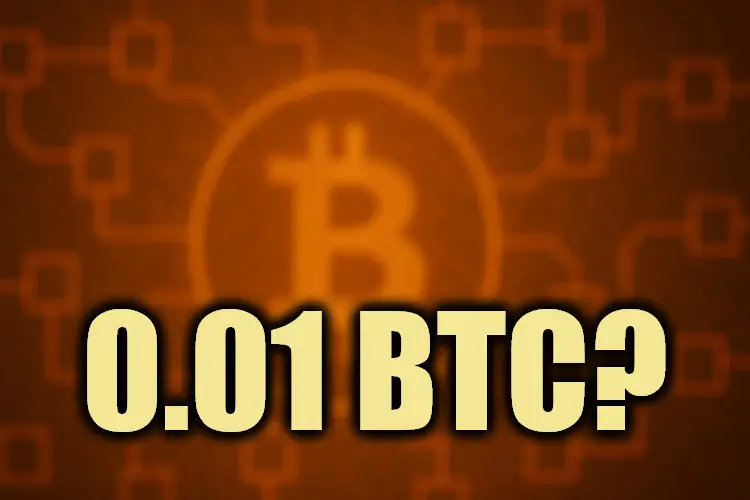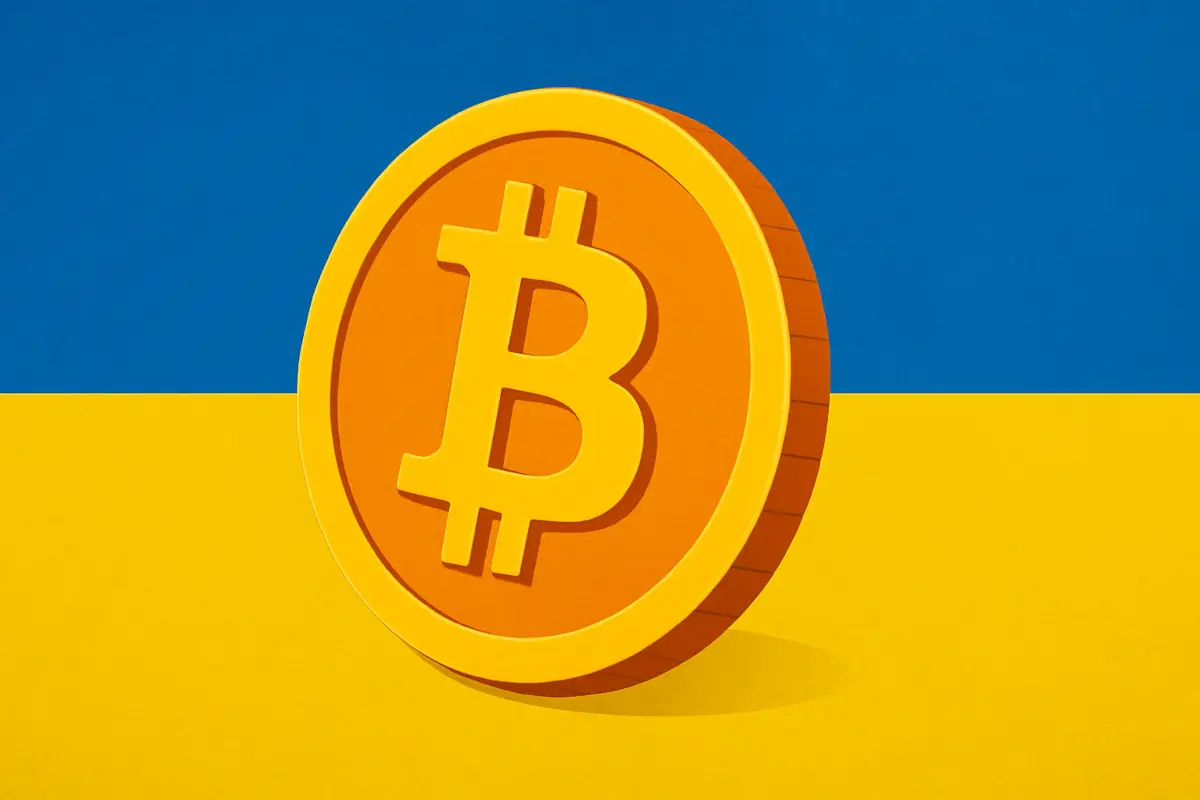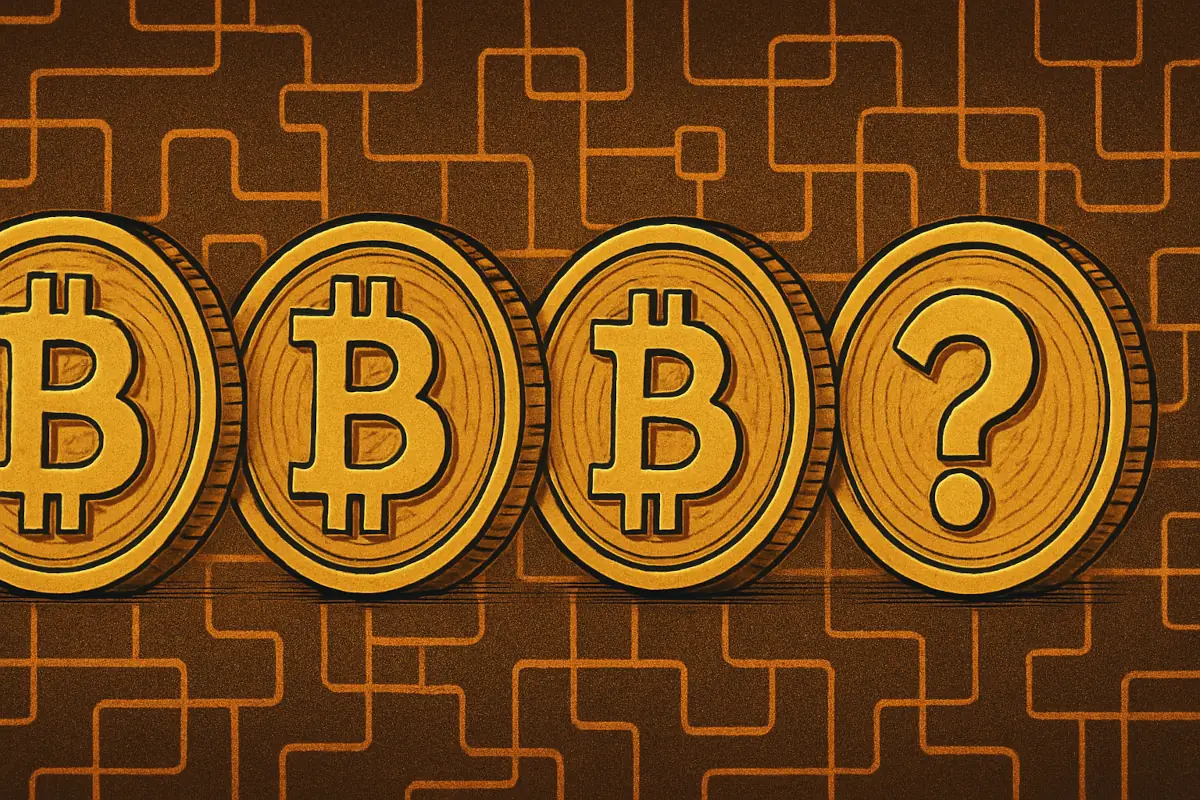The U.S. government just made history with a decision that could change the way crypto is perceived around the world. President Donald Trump has signed an executive order creating the first-ever Strategic Bitcoin Reserve. Instead of selling off seized Bitcoin, as previous administrations did, the U.S. will now hold it as a long-term asset – essentially treating it like digital gold.
This is a huge shift in strategy. But is it a smart move for the country, or is it just a political play to win over the crypto community?
Table of Contents
A Digital Fort Knox
For years, the U.S. government has been selling off confiscated Bitcoin at auctions, often at prices much lower than what they’re worth today. Crypto insiders have been frustrated by this short-term thinking, arguing that Bitcoin should be treated like a strategic asset, not a quick cash grab. Trump’s administration seems to have taken that advice to heart.
David Sacks, the White House’s crypto czar, compared the new Bitcoin reserve to Fort Knox. In theory, the government will now safeguard these holdings for the long term instead of offloading them whenever they get their hands on them.
Sacks also pointed out that past Bitcoin sales have cost taxpayers over $17 billion in lost value. If the government had held onto its BTC instead of selling it over the past decade, it would now be sitting on a massive profit. That’s exactly what this new reserve aims to prevent.
The key difference? This reserve will not be funded by taxpayer dollars. Instead, it will rely only on Bitcoin that has already been seized in criminal and civil forfeiture cases.
A Political Move?
There’s no doubt that this move will win Trump some favor among Bitcoin supporters. The crypto industry has long felt ignored – or worse, targeted – by U.S. policymakers and the SEC. By establishing this reserve, Trump is sending a clear signal that he wants the U.S. to be a major player in the crypto space.
This also comes at a time when the government is being pressured to rethink its stance on digital assets. Other countries are starting to recognize Bitcoin as a legitimate reserve asset. If the U.S. wants to maintain its financial dominance, ignoring Bitcoin is no longer an option.
But let’s be real – this is also a smart political move. Trump has always positioned himself as a business-minded leader, and aligning himself with Bitcoin allows him to tap into a growing and influential community. Whether this is about long-term economic strategy or just an political tactic is up for debate.
Will Other Countries Follow?
One of the most interesting consequences of this decision is how other governments might respond. The U.S. holding Bitcoin in a national reserve could push other countries to do the same.
Bitcoin has always been seen as an asset outside of government control. But if major economies start treating it as a strategic reserve, its legitimacy will skyrocket. Some experts believe this could kickstart a race among nations to accumulate Bitcoin before prices surge even higher.
If the U.S. refuses to sell any of its Bitcoin holdings, supply will tighten. That could drive up prices and make it even harder for latecomers to enter the game. Countries that have been skeptical about Bitcoin might have to rethink their stance just to keep up.
What Happens Next?
While the executive order is a big step, it leaves a lot of unanswered questions.
- Will the government buy more Bitcoin in the future, or will it only rely on seized assets?
- How will this reserve be managed, and who will oversee it?
- Could this eventually lead to Bitcoin being recognized as part of the official U.S. monetary system?
For now, the U.S. has committed to holding onto its Bitcoin, but there’s no clear strategy on how – or if – it will grow this reserve beyond what it has already confiscated.
The market’s reaction has been mixed. Some see this as a bullish sign, a sign that Bitcoin is finally being taken seriously at the highest levels of government. Others worry that this move could be used as an excuse for more aggressive crypto regulations in the future.
One thing is certain: Bitcoin is no longer something governments can afford to ignore. Crypto is becoming a permanent part of the global economy.
The first-ever White House Crypto Summit is also happening today, bringing together policymakers and industry leaders to shape the future of digital assets. We covered everything you need to know about the summit in this article.




